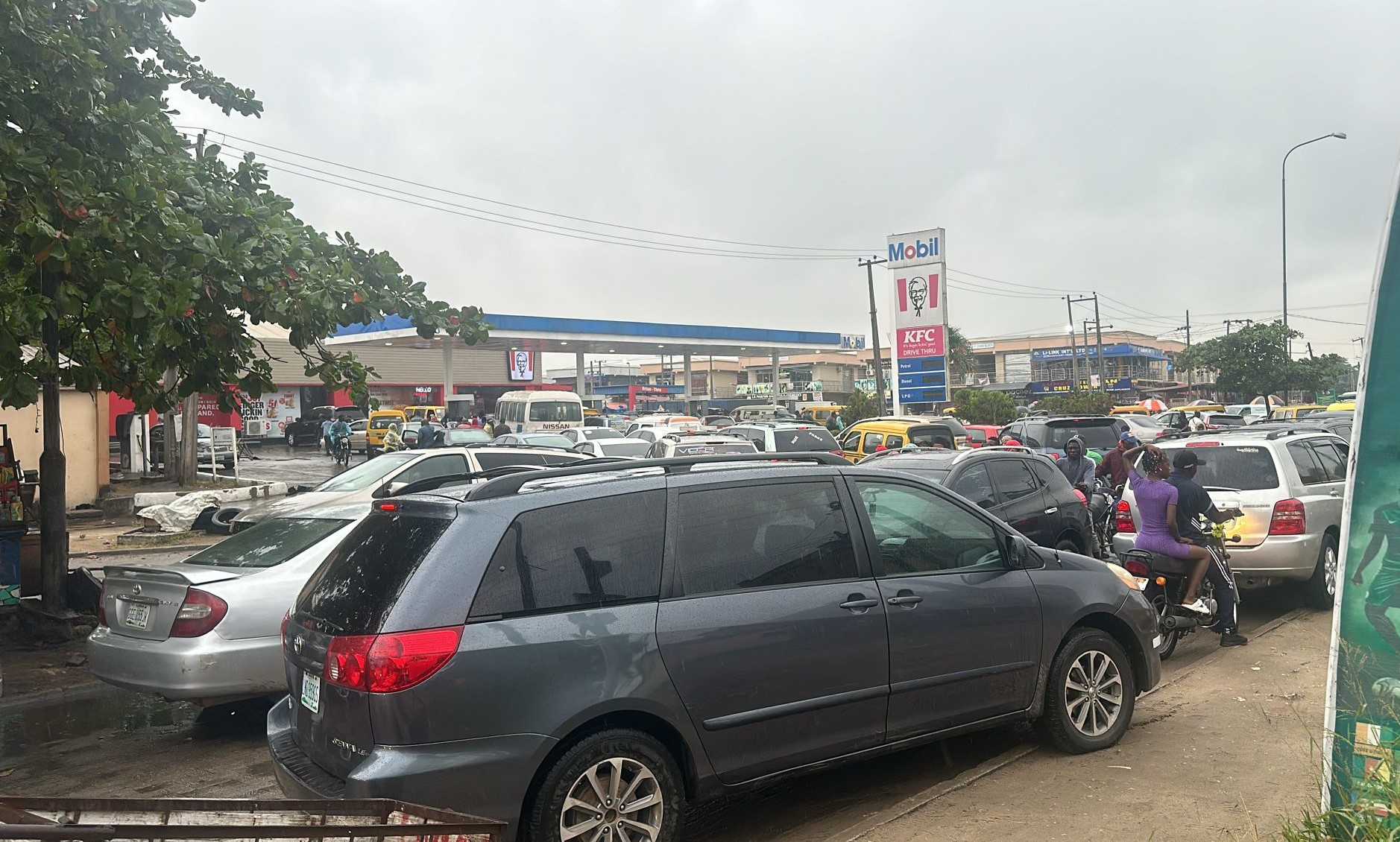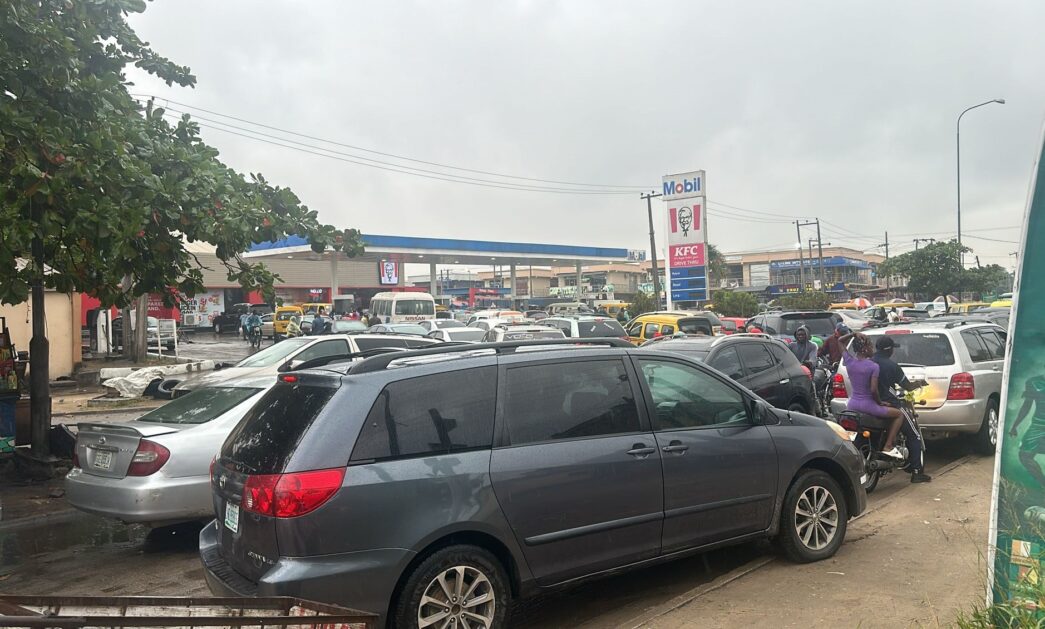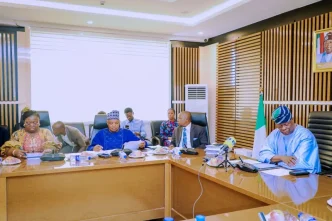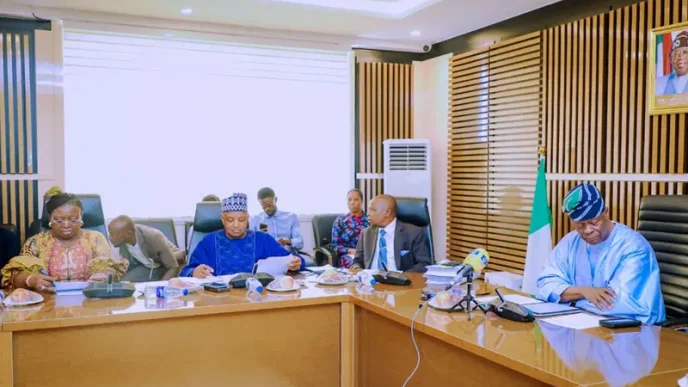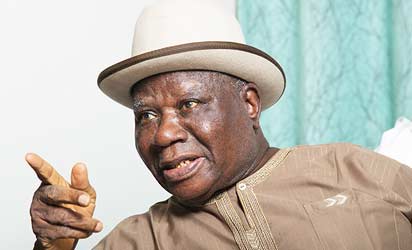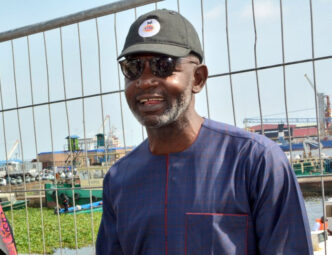A Mobil filling station in Festac, Lagos
Fresh queues for petrol have resurfaced in parts of Lagos state and Abuja.
On Tuesday, TheCable observed that queues pervaded filling stations in the federal capital territory (FCT) and Lagos — Nigeria’s economic nerve.
Petrol queues were noticed at filling stations operated by Mobil and Peridot petroleum in the Festac axis of Lagos.
Retail outlets of the Nigerian National Petroleum Company (NNPC) Limited at Apple Junction, Ago Palace Way, and Agbelekale, off Captain Road, Abule Egba, also had queues that diffused into the road.
Advertisement
At the Ikotun Egbe Road, TheCable observed that Fatgems and NNPC filling stations were closed.
In Abuja, although the situation was milder, some filling stations were also closed.
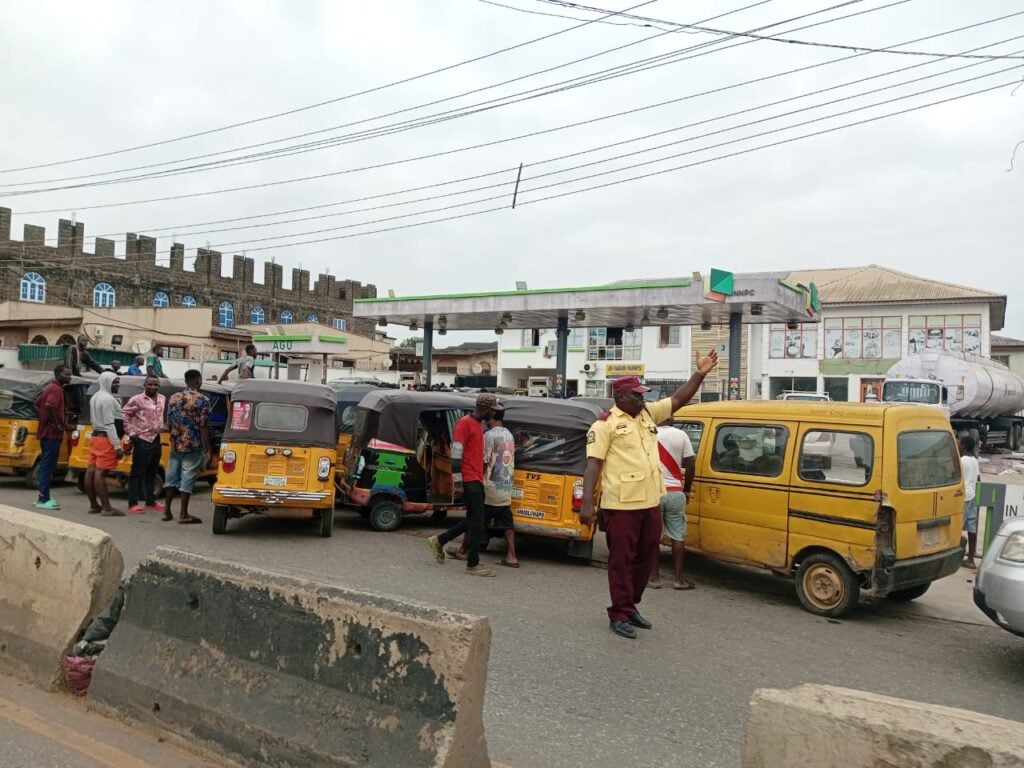
Remaco filling station in the Lugbe area of the FCT was not selling petroleum products at the time of visit.
Advertisement
However, Darnmana and Rainoil filling stations, in the same location, sold the products to customers.
‘WE’LL SELL PETROL IF IT IS AVAILABLE’
Speaking to TheCable, Abubakar Shettima, president of the Independent Petroleum Marketers Association of Nigeria (IPMAN), said NNPC has the role of supplying petrol to marketers.
“We independent marketers, we normally purchase this product through the NNPC. If they discharge the product, we will buy and carry it to our filling stations,” he said.
Advertisement
“But the information that we got through them (NNPC) is that there are challenges with offloading from vessels on the waterways due to rainfall,” he said.
“Some of the ships loaded the products but are not able to discharge them. So, that is a delay. They (NNPC) said they are on it and that they will salvage the situation with immediate effect.
“Yesterday, we started loading, so it means there is an improvement in terms of the supply chain.”
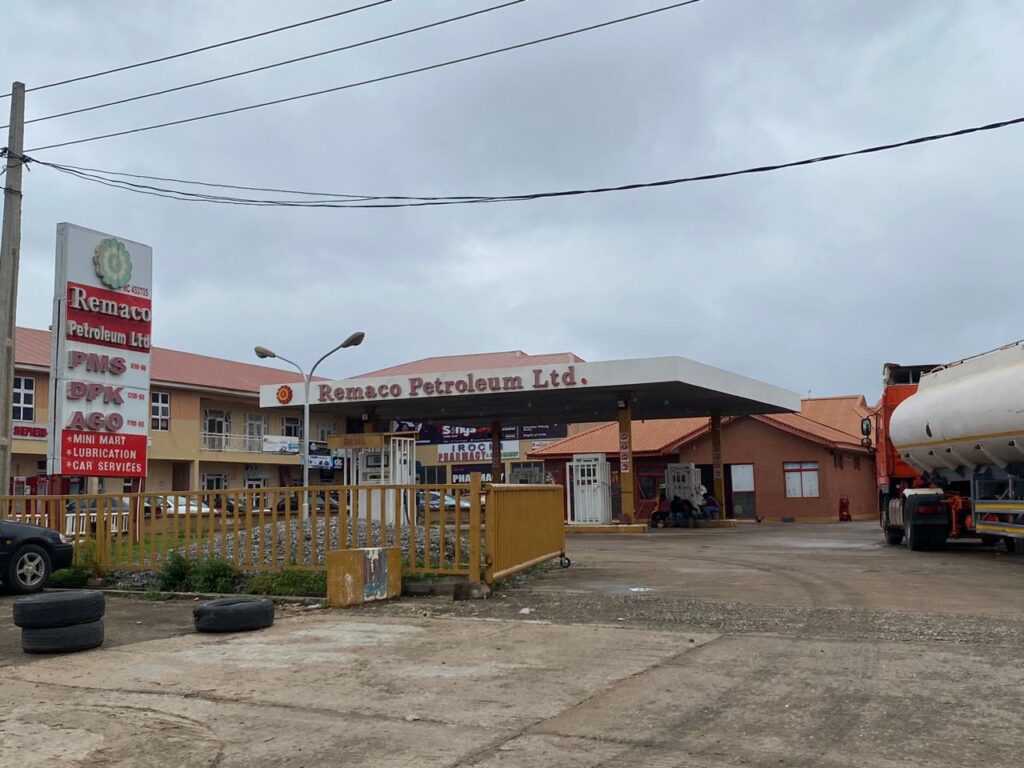
Speaking on pricing, Shettima said the independent petroleum marketers are facing challenges in getting petrol “from the source”.
Advertisement
“Sometimes we buy it through NNPC and sometimes, we buy it through the private depot owners,” he said.
“So, actually if they increase their price, definitely our marketers will have to increase their prices too. So, that is the reason why you have been seeing these differences in price. As there is currently no equalisation fund, each marketer pays to transport products to their filling stations.”
Advertisement
Billy Gillis-Harry, president of the Petroleum Products Retail Outlets Owners Association (PETROAN), said filling stations are unable to get adequate supply, hence their shutdown.
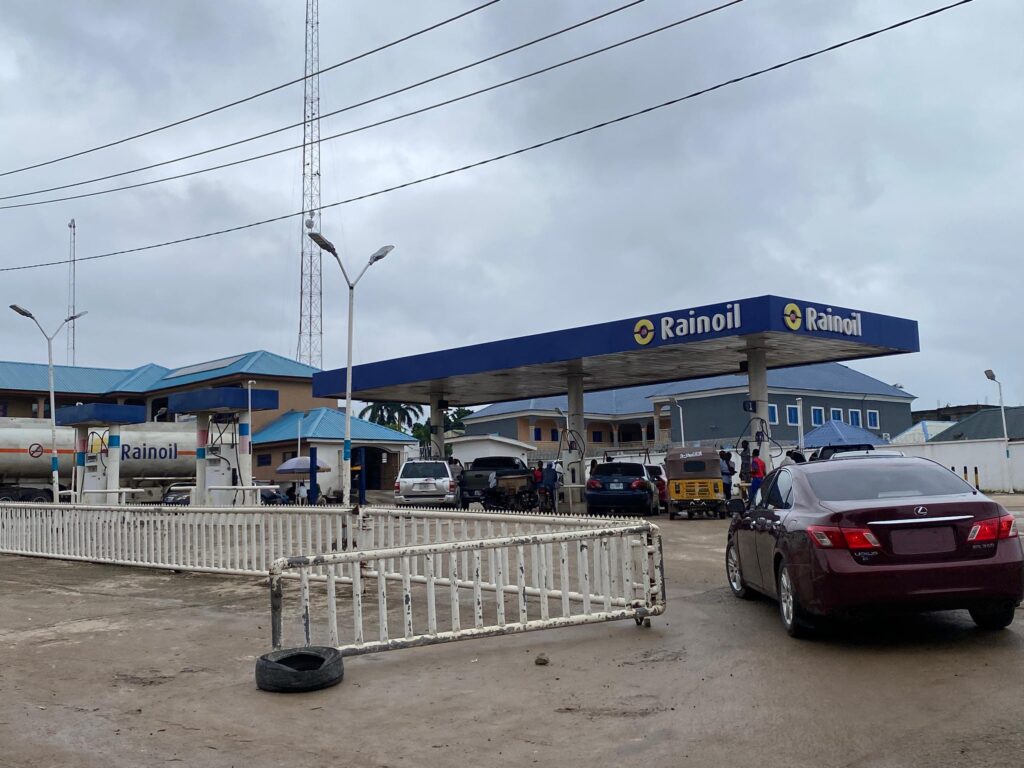
“If the retail outlets are wet, we are obligated to serve the teeming public and ensure we contribute our quota on a daily basis to the growth of the economy,” he said.
Advertisement
“NNPC has explained earlier that they have logistics challenges and we have no way to disprove or prove them.
“So we must believe them and hold on to their promises that within a week, the situation will be better. I can tell you on a very strong authority that the NNPC is really working very hard to regularise the situation.
Advertisement
“Last Thursday, we had very strong interactions with them and we are expectant that some of our retailers across the country will start to get fuel for the growth of the economy. We can only sell what we have as marketers.”
Gillis-Harry said if marketers are allowed to pay for products, they would sell to the public.
On August 19, speaking on the current queues in parts of Lagos and the FCT, Dapo Segun, executive vice-president of downstream at the NNPC, said the company is working with relevant stakeholders to address the distribution, evacuation, and logistics challenges.
He appealed for understanding from Nigerians.
Add a comment
